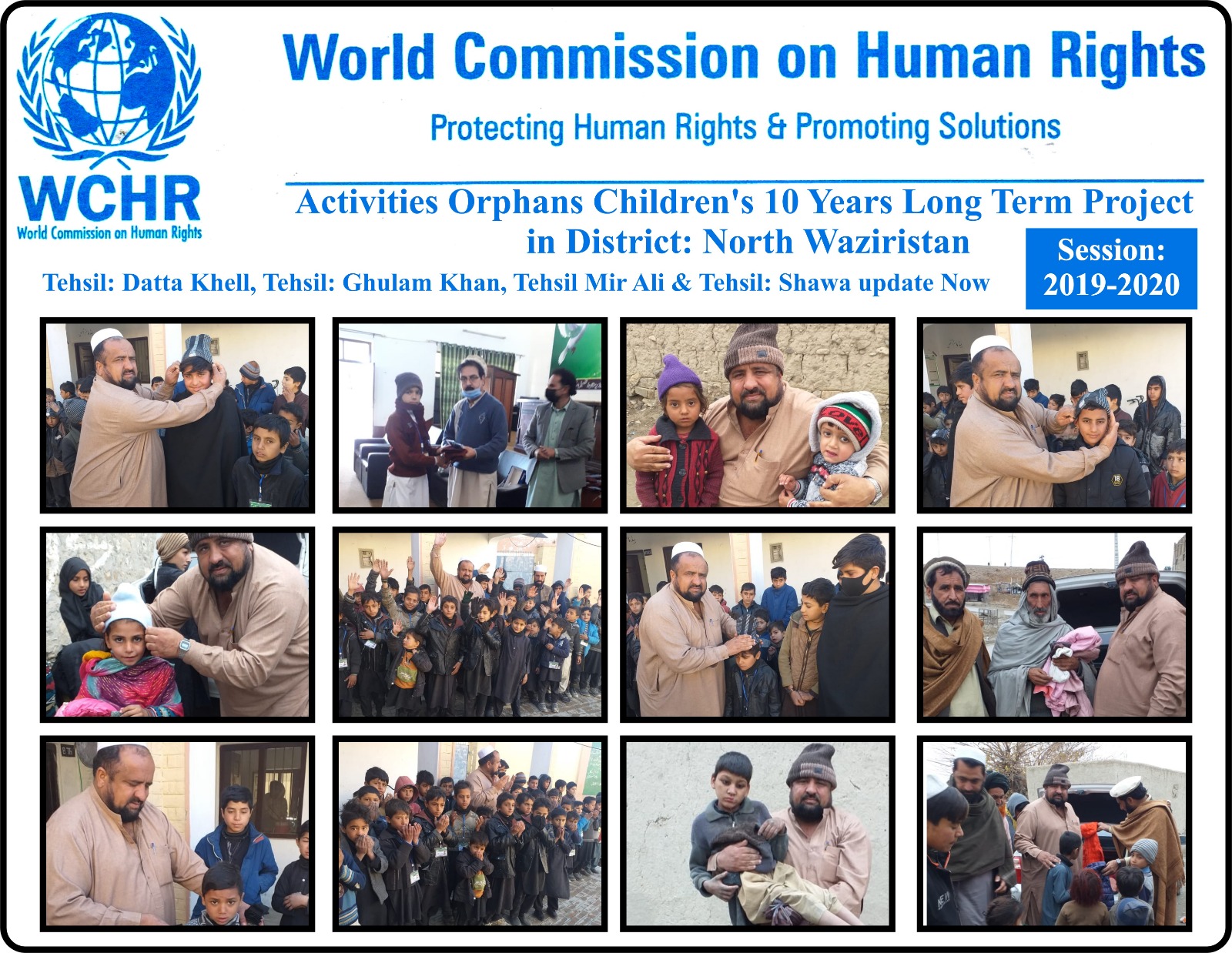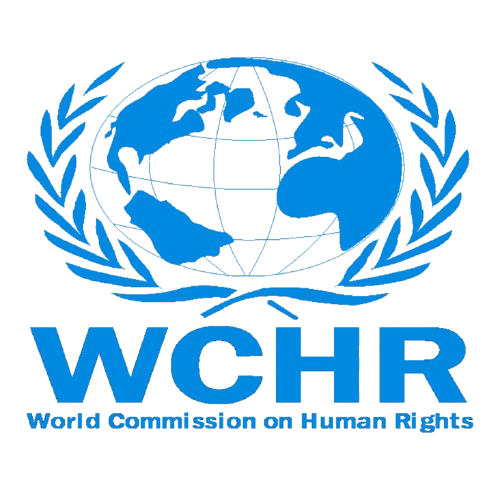Empowering Orphaned Children and Advocating for Human Rights: A Vision for a Better Tomorrow

Human rights are the cornerstone of a just and fair society, yet many marginalized communities often find themselves deprived of their fundamental rights. Recognizing this, human rights awareness programmes and weekly sessions have become an essential tool to educate communities about their rights and promote health justice. Alongside these initiatives, there is an urgent need to address the plight of orphaned children in the merged areas of our country, ensuring they have access to the resources and opportunities they deserve.


Human Rights Awareness and Health Justice
Raising awareness about human rights is not just about knowledge—it’s about empowerment. By conducting weekly sessions and outreach programmes, individuals from underserved communities can learn about their rights, from access to education and healthcare to protection against discrimination and violence. A special focus on health justice ensures that every individual has access to basic healthcare services, particularly in remote regions where medical resources are scarce. These programmes aim to create informed communities that can stand up for their rights and demand accountability from relevant authorities.
A Future for Orphaned Children in Merged Areas
The aftermath of terrorism and conflict in the SIMA region over the last two decades has left a devastating legacy—thousands of orphaned children. These children are often left vulnerable to the negative influences of society, such as crime and exploitation. To address this crisis, an ambitious and transformative plan has been set into motion to provide basic education, shelter, and a nurturing environment for orphaned children.
Key Initiatives for Orphans
- Free Education and Hostels in Every District:
Every orphaned child in the merged areas will have access to free education up to the university level under the umbrella of the WCHER initiative. To support this, hostels will be established in every district, offering a safe and secure environment where children can focus on their education and personal development. - Comprehensive Facilities:
The hostels will provide all necessary facilities free of charge, including food, clothing, healthcare, and extracurricular activities. The aim is to create a nurturing atmosphere that fosters growth and self-confidence in these children. - Empowering Future Leaders:
Beyond providing basic education, the long-term vision is to empower these children to take on high-profile roles in society. By equipping them with quality education, leadership skills, and moral values, they can grow into individuals who positively influence society and break the cycle of poverty and marginalization.
A Vision for Positive Impact
The ultimate goal is to ensure these children become active contributors to society, turning their personal struggles into a source of strength. By investing in their education and well-being, we can save them from falling prey to the negative aspects of society and, instead, enable them to become role models who inspire others.
This effort is not just about charity; it is about social justice and creating opportunities for those who need them the most. The positive ripple effects of empowering orphaned children will be felt across communities, paving the way for a more inclusive and equitable society.
Conclusion
Every child deserves a chance at a better future, regardless of their circumstances. By combining human rights awareness programmes, health justice initiatives, and comprehensive support for orphaned children, we can build a society that leaves no one behind. It is a shared responsibility to ensure that the most vulnerable among us are given the tools to succeed and thrive. Together, we can turn today’s challenges into tomorrow’s triumphs.
